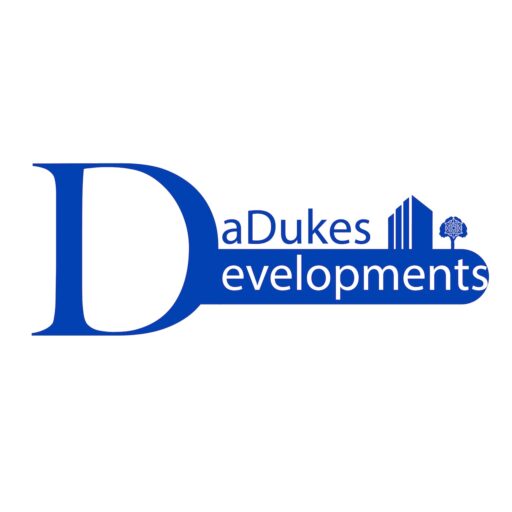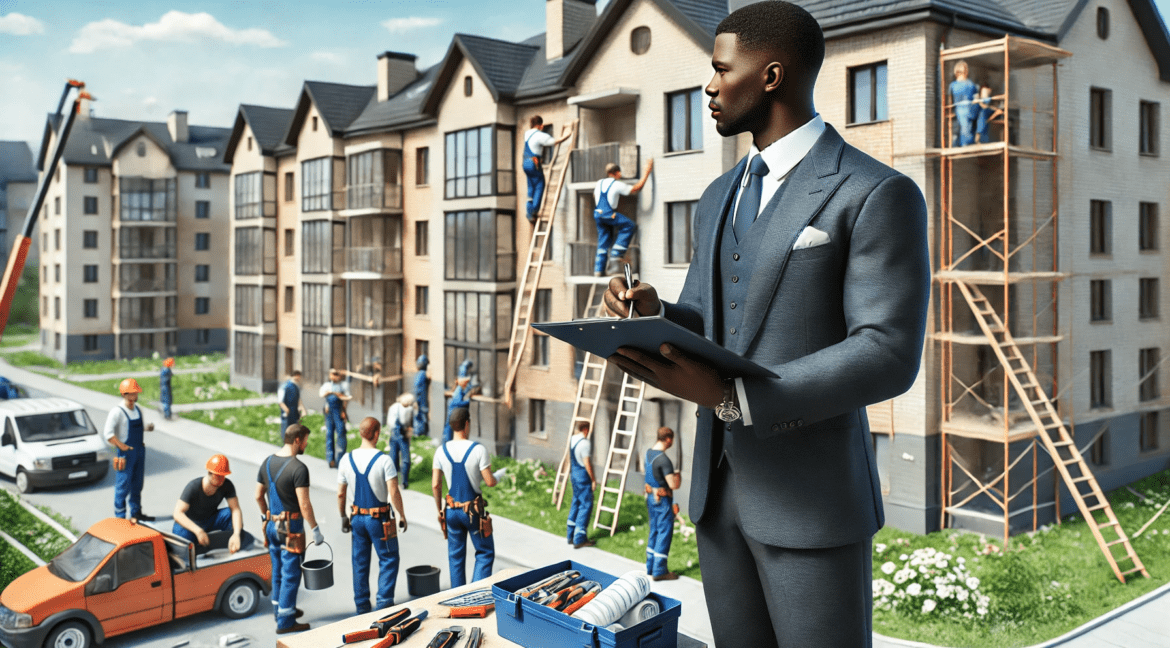Maintaining multi-family properties is a crucial responsibility for landlords. Ensuring that buildings are safe, habitable, and well-maintained not only fulfills legal obligations but also enhances tenant satisfaction and retention. This blog post provides a detailed guide on landlord maintenance and repairs, supported by statistics, facts, and legal references.
Legal Obligations and Standards
Landlords are legally required to maintain their rental properties to ensure they are habitable. This includes adhering to state and local housing codes and the “implied warranty of habitability,” which mandates that rental properties must be livable. According to a 2024 report by FindLaw, landlords must perform necessary repairs and maintenance to keep the property in a safe and habitable condition. Failure to meet these standards can result in legal action from tenants, including rent withholding or repair and deduct remedies.
Maintenance Checklist: Weekly, Monthly, and Annual Tasks
Weekly Maintenance
- Interior: Removing trash, cleaning common areas, and maintaining laundry rooms and stairwells.
- Exterior: Mowing the lawn, raking leaves, removing debris, and shoveling snow as needed.
Monthly Routine Maintenance
- Inspecting common area lighting and replacing burnt-out bulbs.
- Checking basement and attic conditions, including attic vents and sump pumps.
- Ensuring window and door locks are functional and repairing broken glass or torn screens.
- Cleaning gutters and ensuring outdoor lighting is operational.
Annual Maintenance
- Cleaning carpets and repairing floors in common areas.
- Inspecting and cleaning dryer vents.
- Draining water heaters and checking for mold.
- Conducting a thorough inspection of the property’s interior and exterior.
Financial Implications
Maintenance costs can significantly impact a landlord’s bottom line. According to a 2024 report by Open Property Group, maintenance costs account for more than a fifth of the average rental income. Over a nine-year period, landlords could spend over £34,000 on an average of 72 maintenance and repair tasks. Additionally, Forbes reports that annual repairs typically cost about 5-8% of total gross rent, depending on the property’s age.
Preventive Maintenance and Inspections
Preventive maintenance is crucial for identifying potential issues before they become major problems. Regular inspections can help landlords spot issues early, reducing the likelihood of costly emergency repairs. It is recommended to conduct inspections:
- Quarterly or Seasonally: For routine maintenance and to address any emerging issues.
- Move-In and Move-Out: To document the property’s condition and address any wear and tear.
Handling Tenant Maintenance Requests
Efficiently managing tenant maintenance requests is key to maintaining a positive landlord-tenant relationship. Tips for handling requests include:
- Timely Responses: Respond to all requests promptly to minimize tenant frustration.
- Written Consent: Obtain written consent before entering the property for repairs, except in emergencies.
- Clear Communication: Keep tenants informed about the status of repairs and any potential delays.
Common Maintenance Issues
Some of the most common maintenance issues landlords face include:
- Smoke Detectors: Ensure they are functional and replace batteries regularly.
- Water Leaks: Address leaks promptly to prevent water damage.
- Heating Systems: Regularly service heating systems to ensure they are operational, especially in colder months.
Conclusion
Landlords have a legal and ethical responsibility to maintain their rental properties. By adhering to a comprehensive maintenance schedule, conducting regular inspections, and efficiently managing tenant requests, landlords can ensure their properties remain safe, habitable, and attractive to tenants. This proactive approach not only fulfills legal obligations but also enhances tenant satisfaction and retention, ultimately benefiting the landlord’s bottom line.
Disclaimer
This blog post is for informational purposes only and does not constitute legal advice. Landlords should consult with a legal professional to understand their specific obligations and rights under local and state laws.



